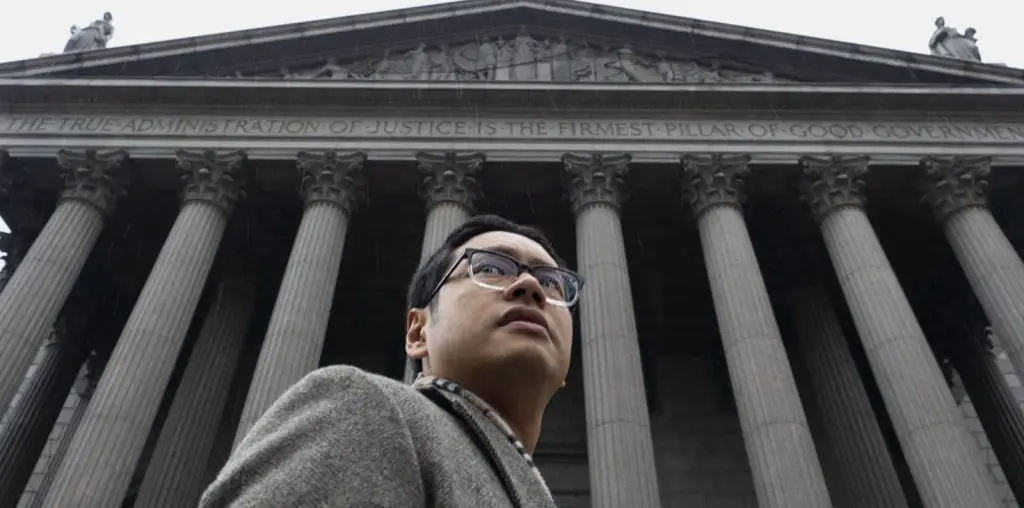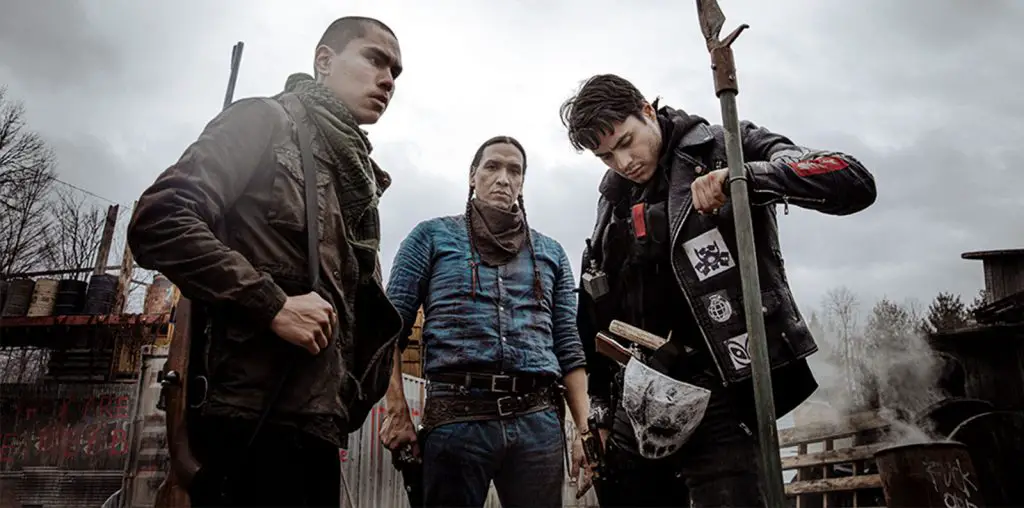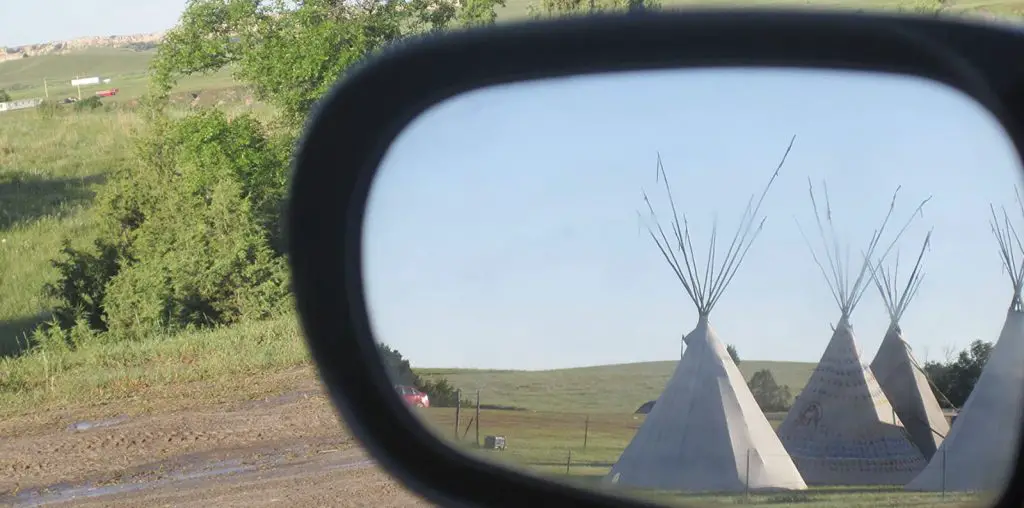
The film not only discusses Native Americans’ unfair treatment since the beginning but sees how it still manifests today. At a rally against the Washington Redskins, several notable speakers, including Jesse Ventura, are there. We meet several people whose stories will break your heart. We learn about treaty rights, the seventh cavalry, the rising incidences of suicide and drug problems in young native people, and more incredibly dismal information that I wasn’t entirely aware of before watching Dodging Bullets.
From the fourteen-year-old Chy, whose brother was shot by police, to Melvin Lee Houston, Treaty Representative of Santee Sioux Nation, who was abused in boarding schools as a child and never heard his parents say they loved him, we see the personal effects that historical trauma has on these people. It also made me consider what kind, if any, of historical trauma do I face?
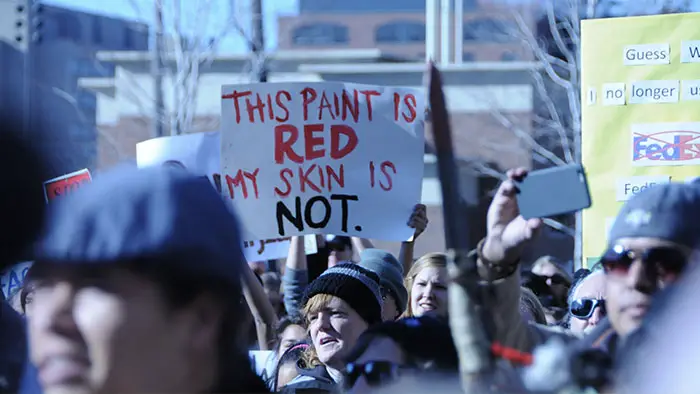
“…it shows Native Americans thriving and doing their best to keep their culture alive…”
While the film does have its depressing moments for sure, it shows Native Americans thriving and doing their best to keep their culture alive. It’s an important documentary for the more than five million Native Americans in this country. It’s even more critical for people who aren’t Native to see what impact American culture has had on these people. It has never been that great, and that’s a shame. Dodging Bullets reminds us that anyone who lives in the continental United States owes an outstanding debt to the Native Americans.
Dodging Bullets will definitely make you think, so if you aren’t ready for that, don’t watch it. Otherwise, you will most likely find it very eye-opening and sad. I know I did.
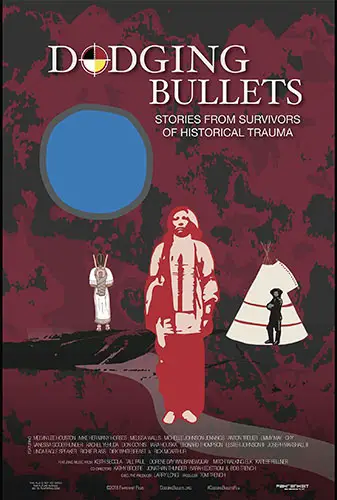
"…critical for people who aren't Native to see what impact American culture has had on these people."
